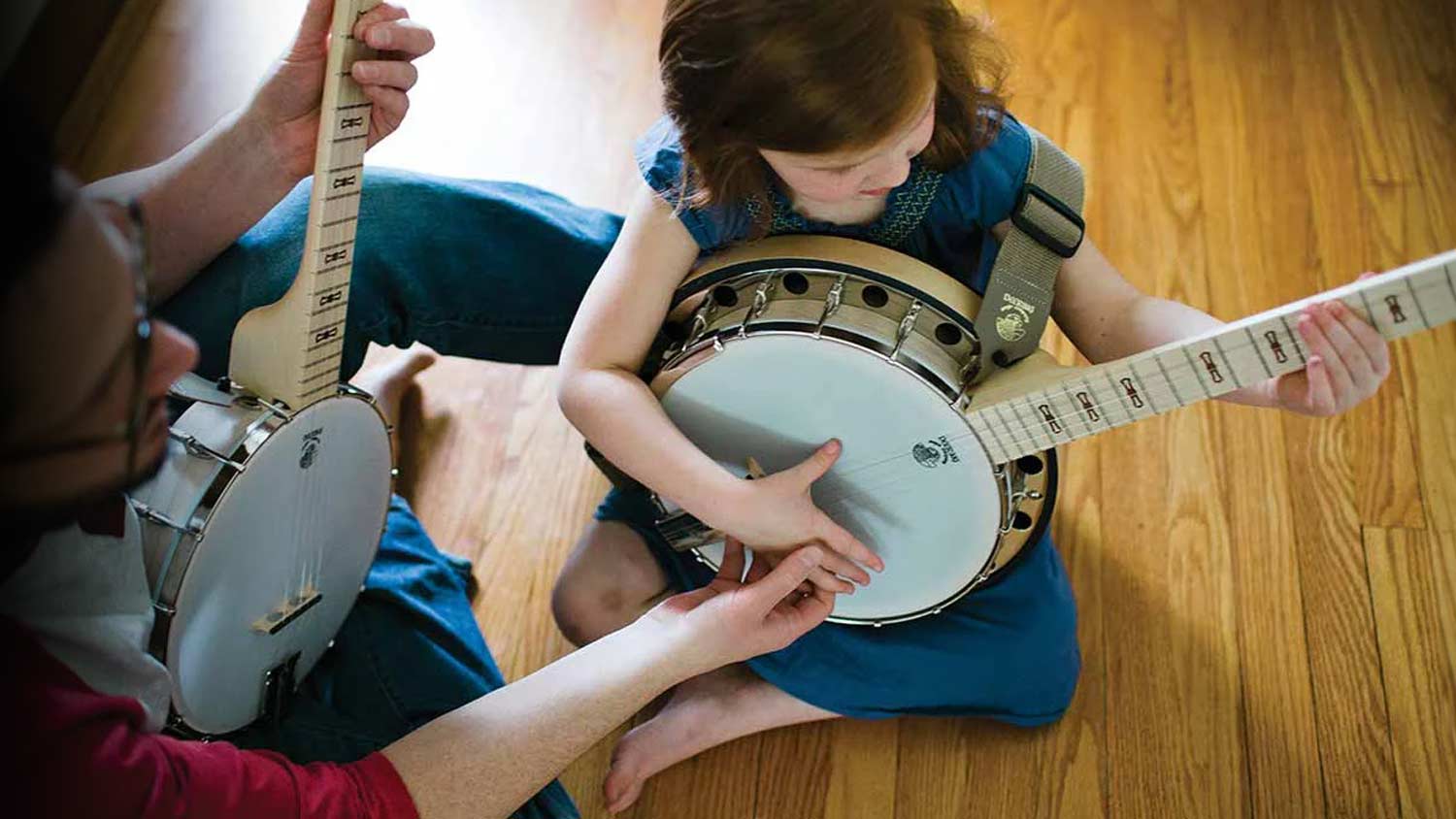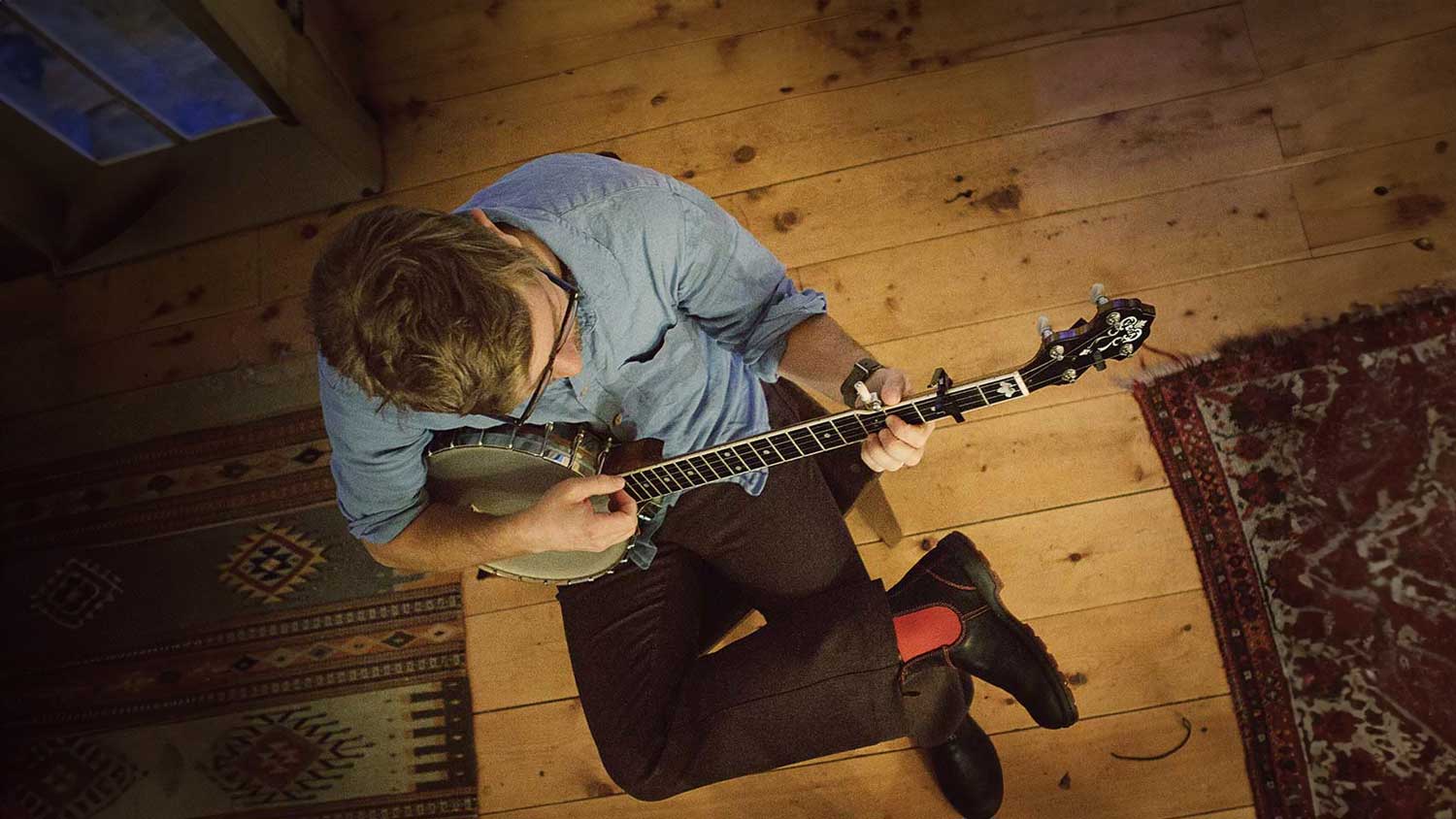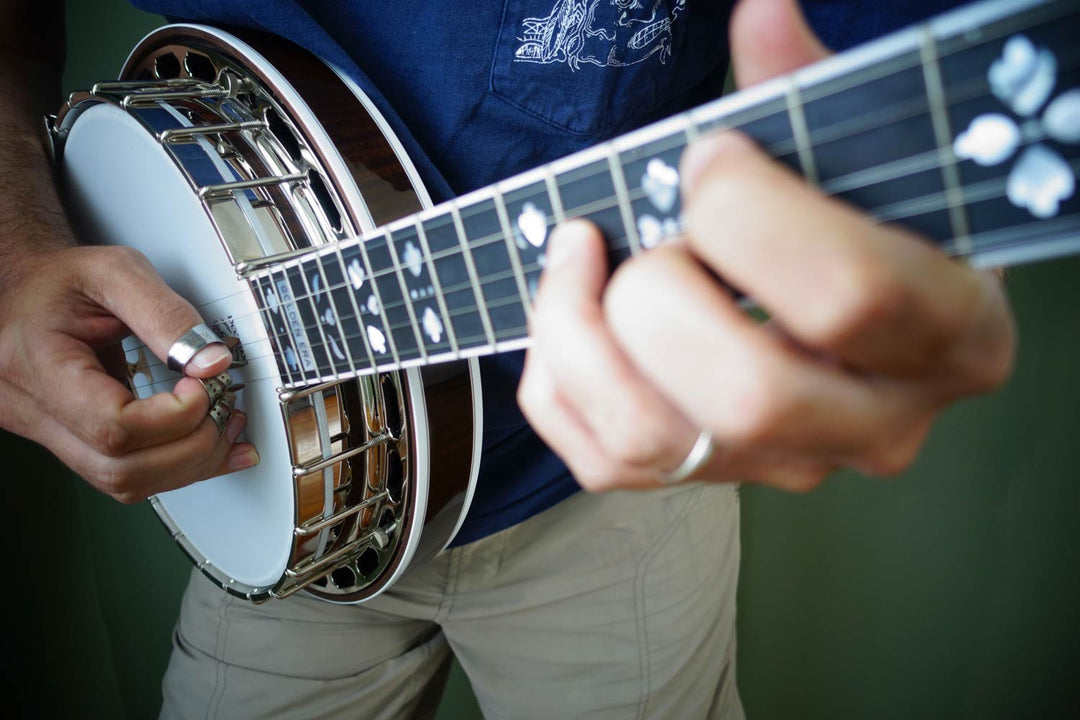Making the Most Of Your Practice Time
These days we all have limited time to do the things we like. We always have to make the most out of our time. If you are reading this, one of the things you like to do is to play the banjo, with one of your goals to always be a better player.
We often hear of players who tell us that they are practicing all of the time, but they don't seem to be getting any better. I hear of people who are putting in an hour or more a day, but they aren't seeing many results. The problem is very often that they are practicing incorrectly.
Many players will pick up their banjo and play through a couple songs that they know already, maybe try out a couple licks that they already know and then put the banjo down. They never venture out into the unknown and try a new song, new lick, or practice a specific technique.
Maybe they will work on a new song and start it off well, but they hit a sticky point somewhere in the middle. The player then will go and start the song over again until they fall off the tracks at the same point. They will do this over and over until they get frustrated and try something else or put there banjo down and do something else entirely. They never solely focus on the section that is giving them problems. Even if it is just one note, practice that note. Then add the note before it. Gradually expand the phrase out on both sides. When you feel you have it, then start from the beginning and try to play through the section.
Here are a few tips to help you make the most out of your practice sessions:
- Practice with a metronome. If you have a smartphone - there are a number of free metronome apps that you can download.
- Do not always start at the beginning of a tune. Practice only the passages that are giving you trouble.
- Practice slowly - the speed will come.
- Make sure you are playing all of your notes cleanly.
- Focus on right hand techniques.
- Focus on left hand techniques.
- Concentrate. Do not daydream. Do not start noodling around on your instrument.
- When you feel your concentration drifting - mental and/or physical fatigue is setting in. That is when you know it is time to put your instrument down and to take a break.
If you dedicate a third of your "practice" time to a focused practice time. You will see a dramatic improvement in your playing. This focused type of practicing can still be fun, but it should feel like a work out.
















Keep these tips coming, so helpful! Thank you.
Good advice for anyone David, thank you.
Some years ago whilst trying to learn Dueling Banjos, I progressed to a particular line in the piece that really stumped me. It was a real sitcking point that broke the flow of the tune for me. I resolved the problem by Learning the remaining parts of the tune through to the outro, then revisiting the difficult section. Being confident with what came next made the difficult part less of a stumbling block. Now, when I reach a difficult section of a new tune I sometimes skip to the last bar (outro) learn to play that, then learn its predecessor, and so on. Building the tune in reverse avoids the stumbling block because you already know what’s ahead
Thank you. I think David did a good job of focusing the practice session. He is a banjo teacher as well as professional musician so he brings lots of experience to the topic!
THAT is what I call dedication! One more good tip! Thanks.
Thanks for writing. This is how we all learn about the new tools available.
Leave a comment